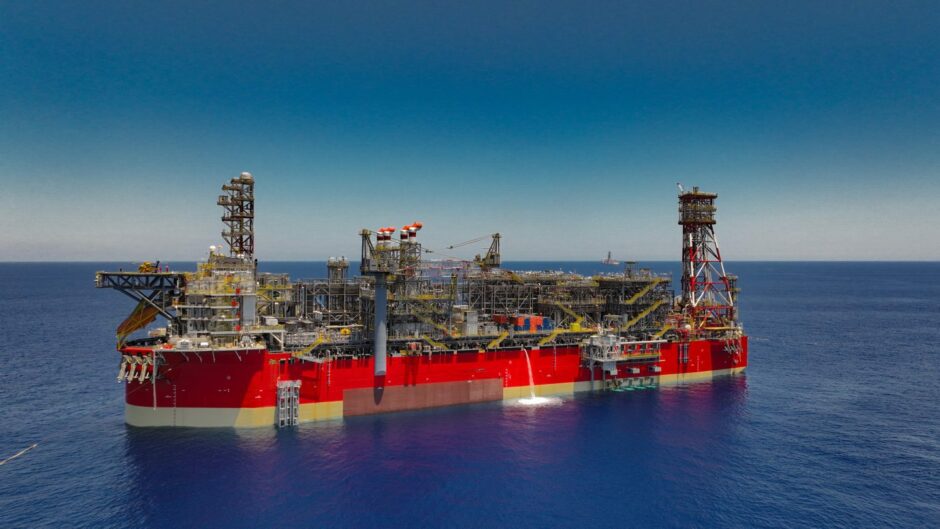
Energean has reported strong results, with the company still on track to achieve its 200,000 barrels of oil equivalent per day target, despite geopolitical strife.
Energean CEO Mathios Rigas said 2023 was the year the company became “the major independent gas producer in the Mediterranean”.
During the year, the company averaged 123,000 boepd of production, of which 83% was gas. This year, the company aims to average 155,000-175,000 boepd, weighted to the second half.
Israeli demand has faced challenges, the company noted, with the coal phase out delayed and winter temperatures higher than average.
Projects of note starting up this year include Karish North first gas, due in the first quarter. The security situation has disrupted delivery of the second oil train, with Energean saying it would install this when it becomes possible.
The Cassiopea gas project should also start producing in summer. Drilling began in November 2023 and Energean plans to drill two near-field opportunities, Gemini and Centauro, this year.
“Energean has always focused on stable, long-term value creation and delivery for all our stakeholders. We are making good progress on the path to our near-term targets of 200 kboed, $1.75 billion adjusted EBITDAX and leverage of c.1.5x. Our strong operational and financial performance underpins our stated dividend policy,” said Rigos.
There is “significant potential” for 2024, he continued, highlighting “core strategic projects across Israel, Egypt, Italy and Greece”. The company has also expanded into Morocco.
“As we continue to optimise our portfolio, we look forward to enhancing our position as the leading independent gas-focused exploration, development and production company in the region.” Energean plans to spend $400-500 million this year.
Egypt also has additional promise for the Israeli company. It is participating in the Orion-1x well, which Eni spudded in October. Energean described the well as a “multi-tcf, high-risk, high-reward gas prospect”.
It has also begun talks on merging the Abu Qir, NEA and NI concessions in the North African country. This would improve fiscal terms and extend the fields’ economic life, it said.
Other areas to watch include the 3 million tonne per year carbon capture and storage (CCS) Prinos project and a final investment decision (FID) on Katlan. It expects to reach this after concluding negotiations on the engineering, procurement and construction (EPC) contracts.

